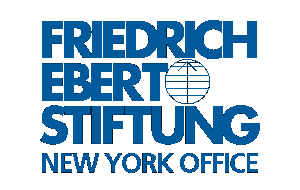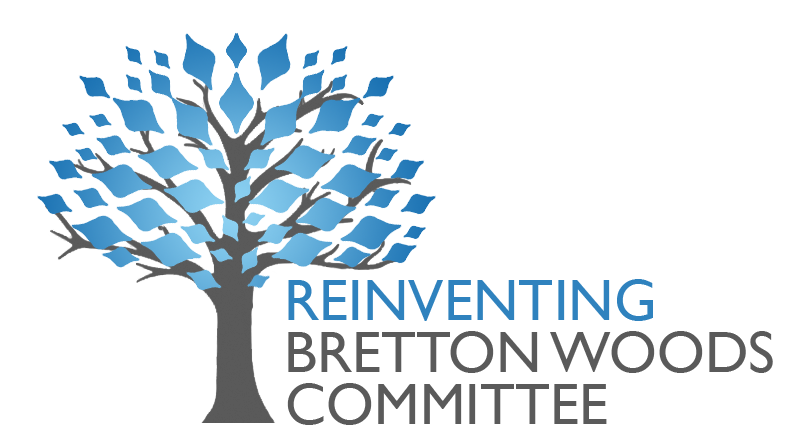IMF World Bank Annual Meetings
Washington DC, USA
October 15, 2022
Partners – Global Governance


Partners – Global Macro and Finance






Overview – Global Governance
Overborrowing and poor debt management, and the Covid pandemic, have tipped many developing economies over the edge. Some are either in default or at risk of debt default – Sri Lanka is the latest example. Others, like Zambia and Chad, have achieved sufficient agreement on debt restructuring to unlock IMF programs and so improve short-term external liquidity. Even so, private creditor support for debt treatment is still necessary if these countries are to emerge from their current state of default.
Rising inflation and the shift in monetary policy by the main central banks will further increase debt-servicing costs. Therefore, a common approach is needed to identify the problem and possible ways to tackle it to reconcile the need of low-income countries in debt with the governance – and the imperative of avoiding moral hazard – of bilateral lending. This roundtable will follow the discussion that the Friedrich-Ebert-Stifung and the Center for Global Development started during the IMF Spring Meetings in 2022.
Questions to be raised in this roundtable discussion include:
How do we assess the rise of bilateral lending and its geographical distribution?
Is the Zambia agreement a game changer? Will it alter the assessment for other countries?
How can we enhance the sharing of detailed sovereign debt information, with provisions for the confidentiality of commercially sensitive information?
Could a provision allowing any sovereign debtor to request an updated debt sustainability analysis (DSA) from the IMF, as a basis for negotiations with its public and private creditors, enhance transparency?
How can G-10 countries assist in securing the necessary financing assurances to regain debt sustainability?
Is the role of bilateral lenders to assist their peers, even if at a cost?
Is it possible to establish principles and benchmarks that can speed the process in future applications under the Common Framework?
Has bilateral creditors’ preference to offer relief for large loans through deferrals rather than write-downs been an obstacle to outcomes that can deliver debt sustainability?
What are the policy lessons that must be taken on board to manage debt and prevent overborrowing?
Speakers
- Sara Burke Senior Policy Analyst Friedrich-Ebert-Stiftung (Opening remarks)
- Masood Ahmed, President, Center for Global Development (chair)
- Brent Neiman, Counselor to the Secretary of the Treasury, US Department of the Treasury
- Daniel Cohen, President, Paris School of Economics and Chair, Finance Development Lab
- Paola Subacchi, Professor of International Economics and Chair Advisory Board at the Global Policy Institute, Queen Mary University of London
- Beatriz Weder Di Mauro, President, Center for Economic and Policy Research
- Christian Kopf, Chief Investment Officer, Union Investment
Overview – Global Macro and Finance
After two years of pandemic disruption, RBWC is back in Washington DC for the IMF and World Bank annual meetings.
In 2022 the world seems brand new. We are likely entering a new era of stagflation, associating high-energy prices, low growth perspectives, high public debt levels and tightening monetary conditions. While differing very much in nature, these crises will all have a decisive effect on economic and monetary policy. In particular, sustained geopolitical and economic fragmentation could be extremely disruptive.
Nevertheless, optimism need not disappear: these last two years have also been crucial for the development of digital finance. These new technologies can be key to the next generation of monetary and financial systems – Notwithstanding they raise many challenges that need to be carefully understood.
This high-level one-day seminar seeks to develop a deeper understanding of how all of these transformational developments are likely to impact the international order.
Speakers
- James Bullard, President, Federal Reserve Bank of Saint Louis
- Philip Lane, Member of the Board, European Central Bank
- Francesco Bianchi, Professor of Economics, The Johns Hopkins University
- Masazumi Wakatabe, Deputy Governor, Bank of Japan
- Sebnem Kalemli-Ozcan, Neil Moskowitz Professor of Economics, University of Maryland, College Park
Session 2
- Massimiliano Castelli, Managing Director, UBS Asset Management (chair)
- Martin Galystan, Governor, Central Bank of Armenia
- Julio Velarde, Governor, Central Reserve Bank of Peru
- Perry Warjiyo, Governor, Central Bank of Indonesia
- Rashad Cassim, Deputy Governor, Reserve Bank of South Africa
- Mauricio Villamizar, Member of the Board of Directors,Central Bank of Colombia
Session 3
- Usman Ahmed, Founding Advisor, The Digital Dollar Project and Head of Global Public Policy and Research, PayPal (chair)
- Xiaochen Zhang, Global Head, Innovation and GTM, International Fianancials, Amazon Web Services
- Andreas, Dombret, Former Deputy President, Bundesbank
- Timothy Antoine, Governor, Eastern Caribbean Central Bank
- Koba Gvenetazde, Governor, Central Bank of Georgia
- Teana Baker-Taylor, Vice President, Policy & Regulatory Strategy, UK/EU, Circle
Session 4
- Ousmene Mandeng, Senior Advisor, Accenture Blockchain Technology
- Lars Sjorgen, Chief Executive Officer, P 27 Nordic Payments
- Christina Skinner, Assistant Professor, The Wharton School, University of Pennsylvania
- Rene Reinsberg, President, Celo foundation

